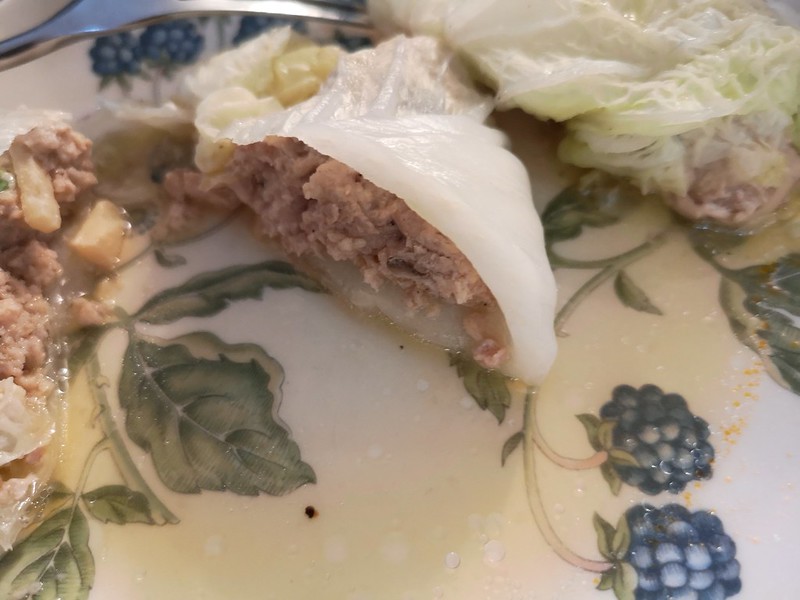Main Poster
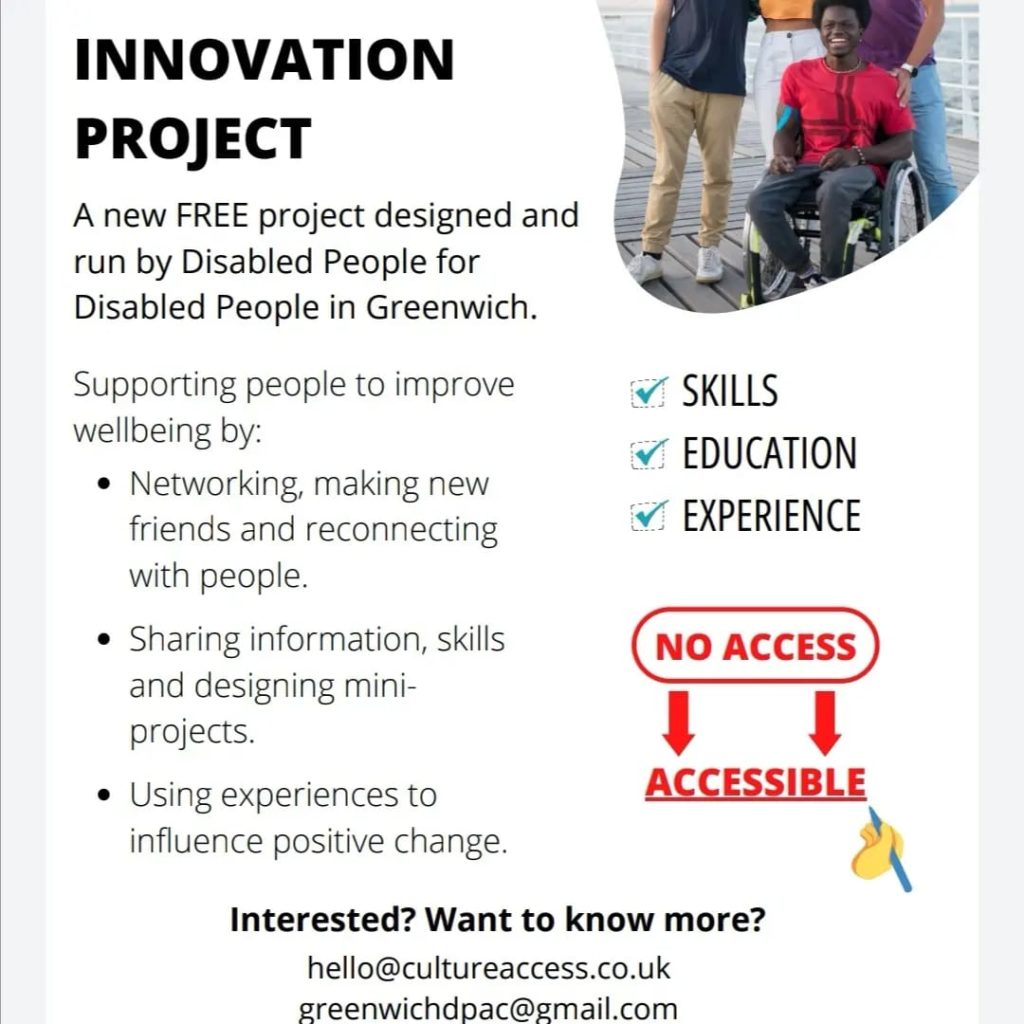
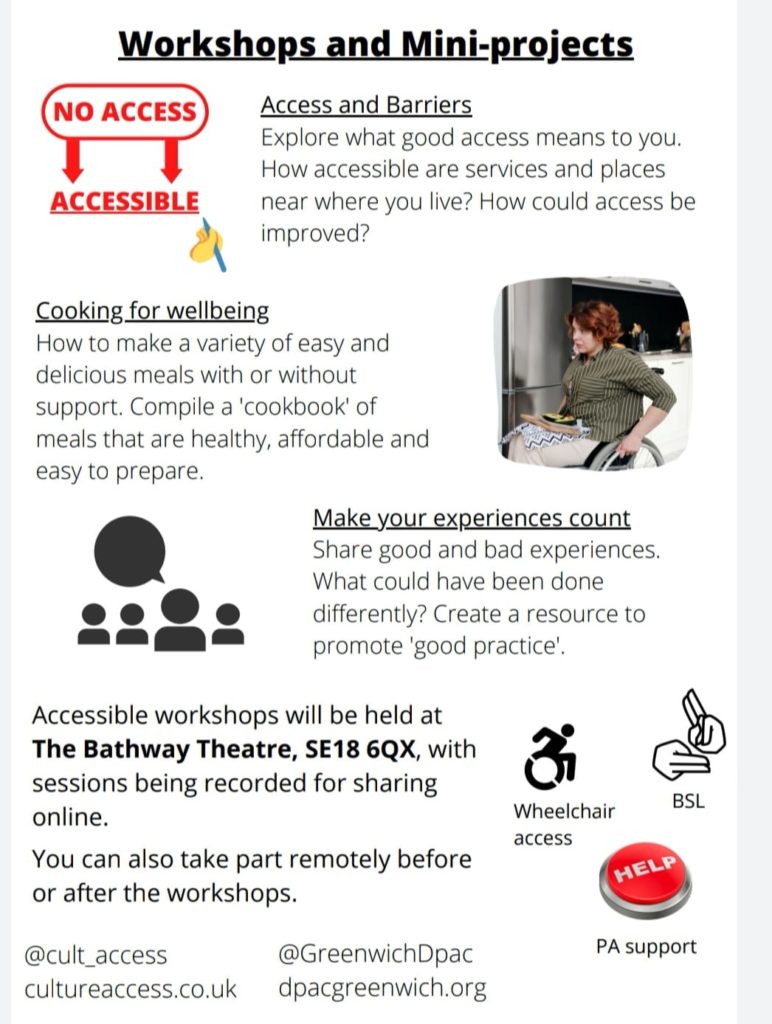
See images and alt text in this link
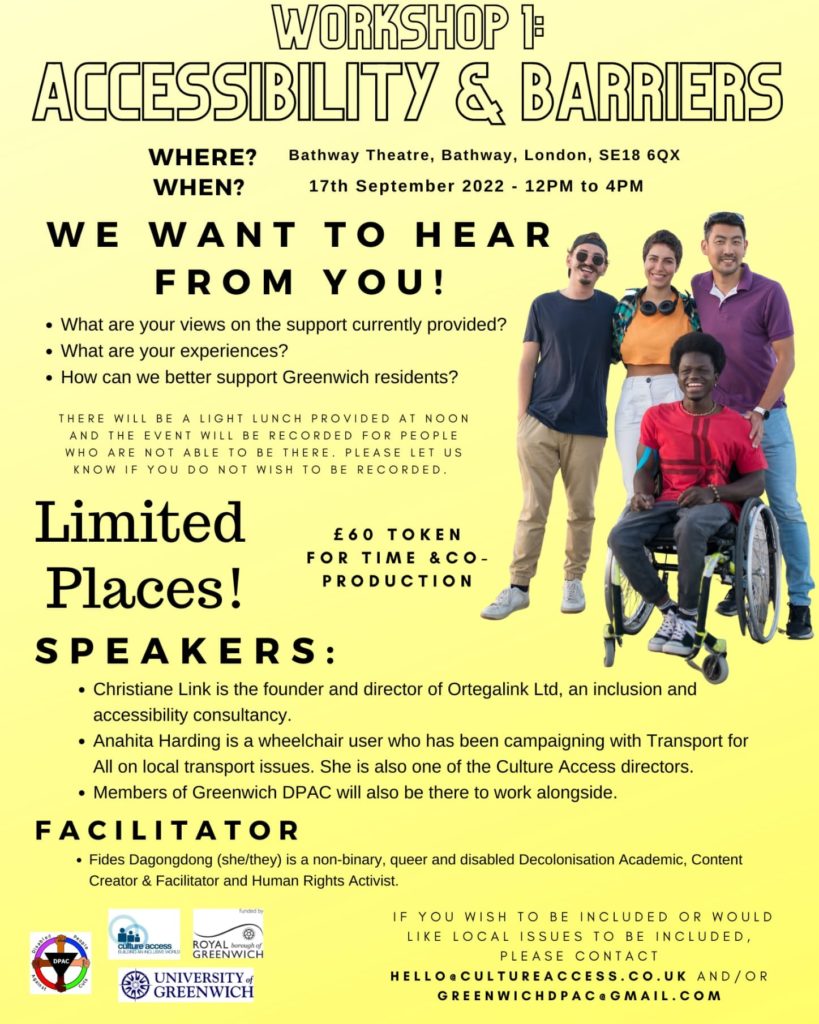
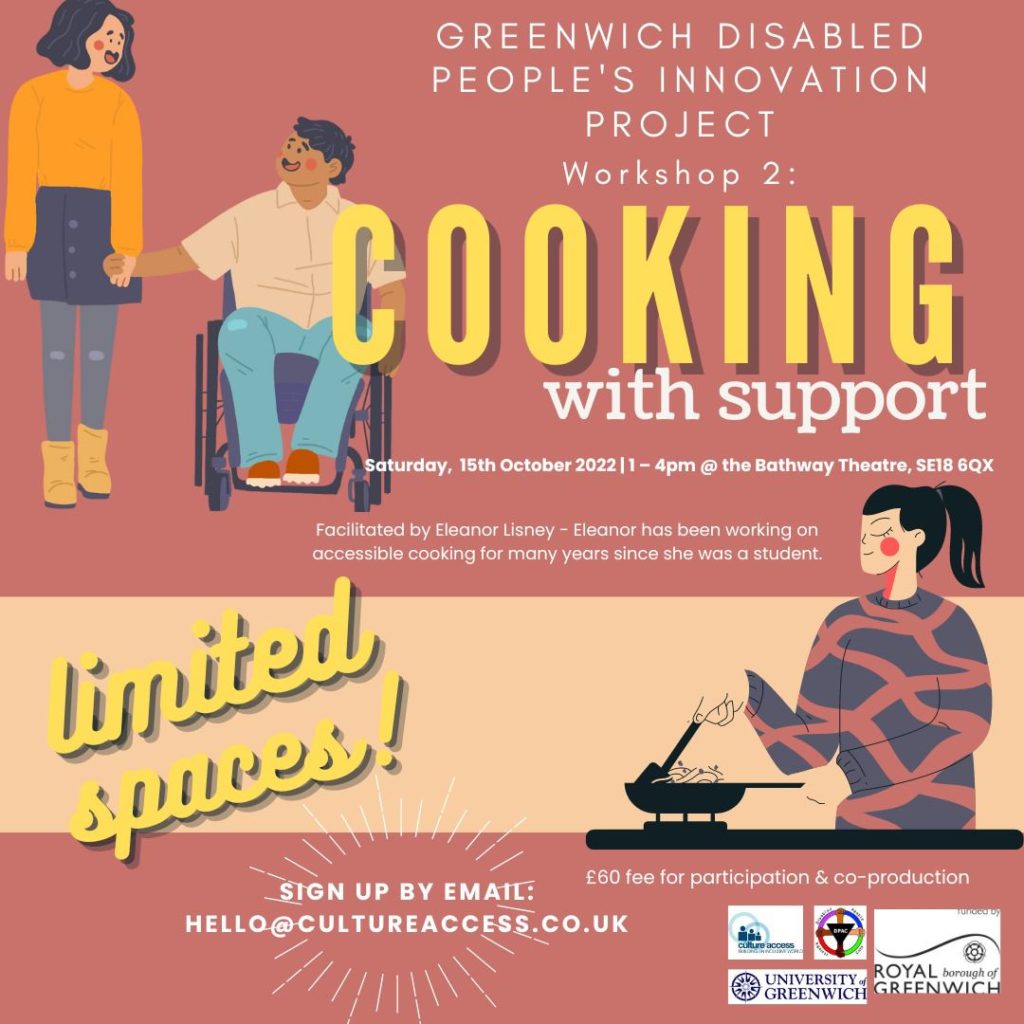
See first workshop’s image and alt text in this link
See second workshop’s image and alt text in this link
END COMBINED VIDEO FROM ALL WORKSHOPS
Video statements
Sajida Shah – https://youtu.be/uG-zQ2AV9Vg
Anne Novis – https://youtu.be/Oikn9qNH8b0
Sue Elsegood – https://youtu.be/eaR6TnGZwQ8
Carlo – https://youtu.be/3AX4_r3szJk
Andrew Evans – https://youtu.be/i3kA4DnxFng
Viv Cameron – https://youtu.be/x4shnLC_agY
Eleanor Lisney https://youtu.be/1SNmy5e4J1Y
Original press release
Greenwich Disabled People’s Innovation Project – a new project to increase disabled people’s influence, design resources and improve wellbeing.
Over the next 10 months, the Greenwich Disabled People’s Innovation Project will work with local disabled people in a series of FREE workshops and mini-projects to improve wellbeing by:
- Building new friendships and re-building connections lost during the pandemic,
- Sharing good / bad experiences and suggesting solutions,
- Learning new skills and developing projects using these skills,
- Identifying resources already available and designing new resources,
- Becoming expert representatives to influence matters important to local disabled people and their communities.
“I am excited about the project and how engagement in the workshops can be an empowerment experience and a tool for change in the community“
Anahita Harding, Culture Access co director
Workshops will be designed and run by local disabled people, for local disabled people and their supporters and will cover:
“Looking forward to being part of a co-creation process to find solutions to problems that matter #OpenThirdSpace“
David Hockham, Theatre Manager of the University of Greenwich’s Bathway Theatre
- Access in your area – good / bad examples and how to improve access.
- Making nutritious meals with or without support.
- Sharing your experiences to influence change.
“We are delighted to take part in this project to increase Disabled People’s wellbeing by building stronger networks to raise awareness, increase influence and ensure that Disabled Voices are heard.”
Jenny Hurst, Greenwich DPAC co founder
British Sign Language (BSL) interpretation and Personal Assistance (PA) support will be available (if required) during workshops.
The face-to-face workshops will also be made available to view online.
To register your interest and/or to receive information about the Greenwich Disabled People’s Innovation Project, please complete our online form
This project is funded by the Royal Borough of Greenwich.
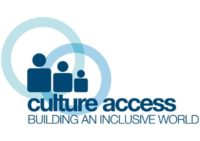
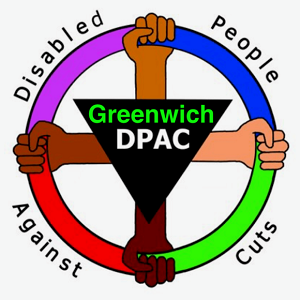

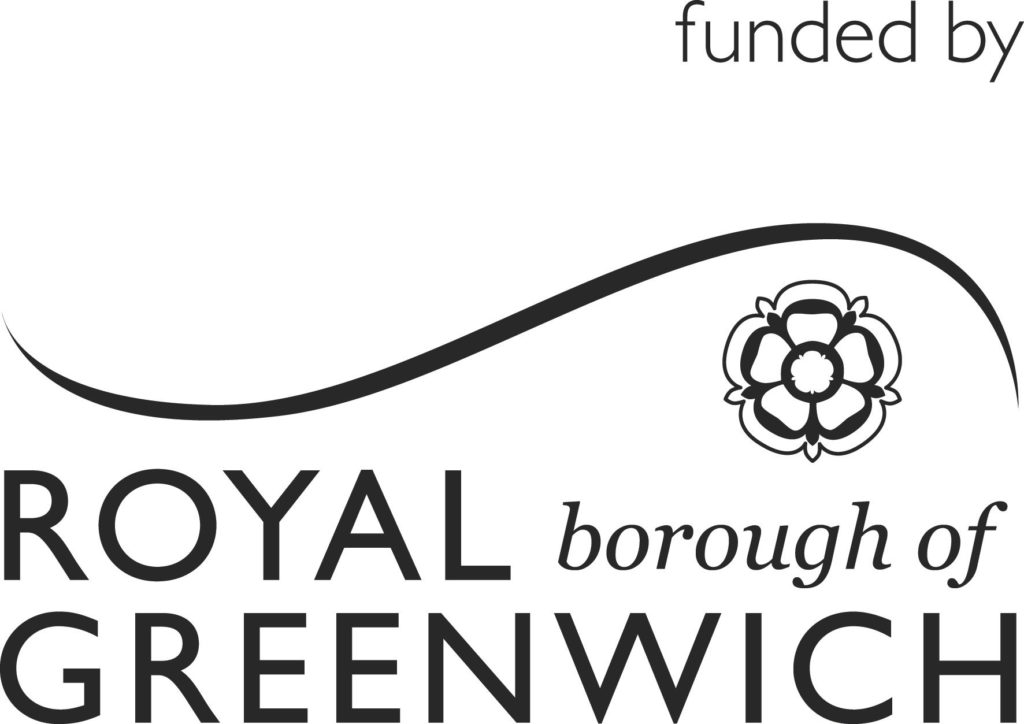
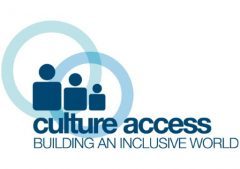

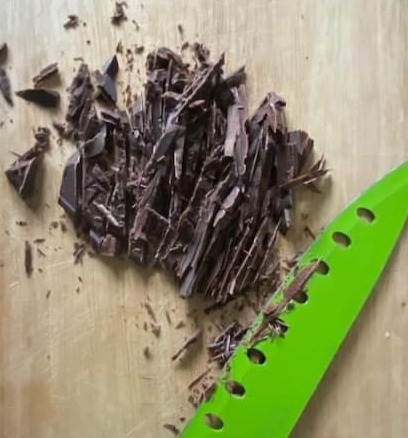
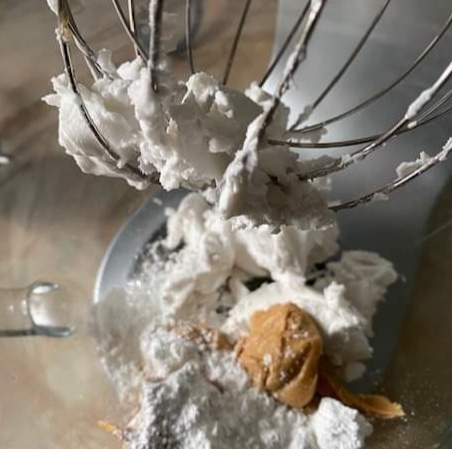
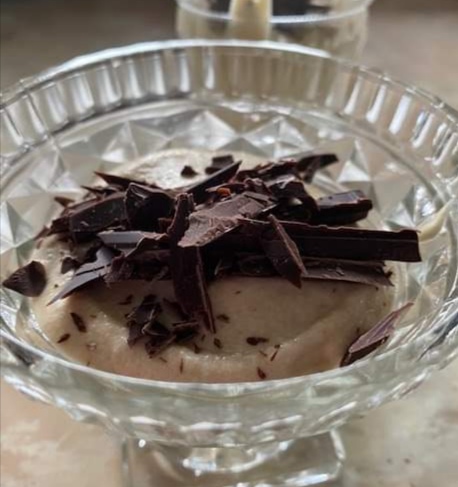
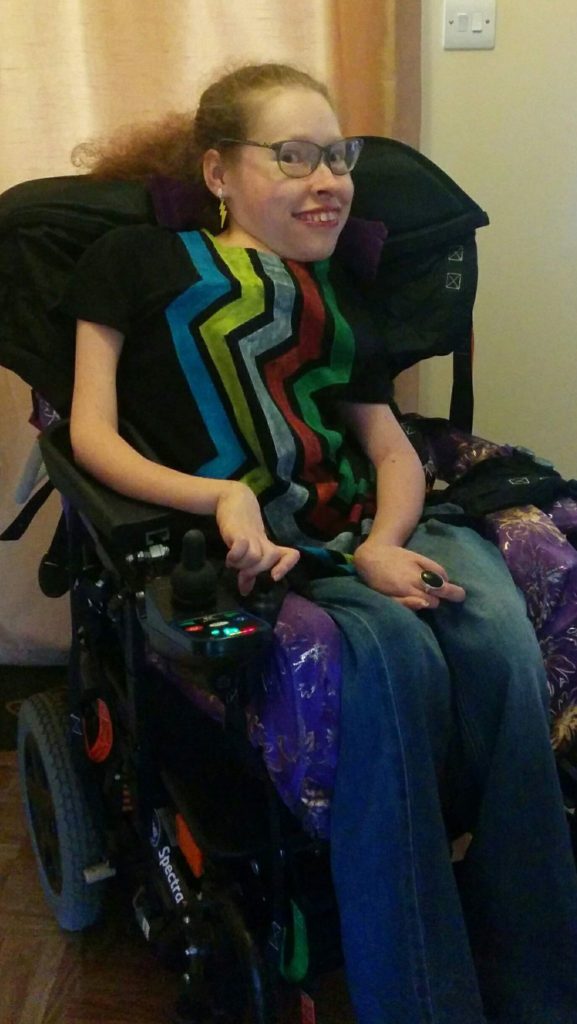



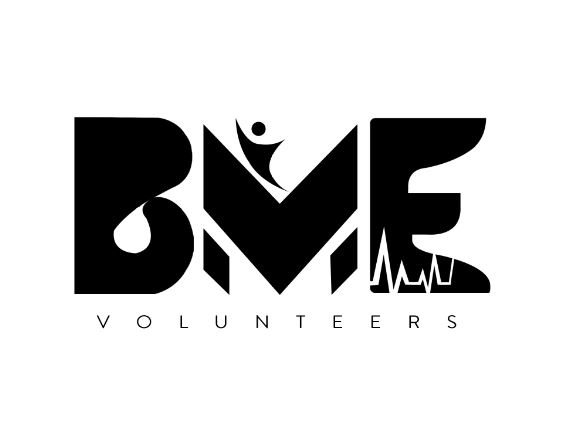

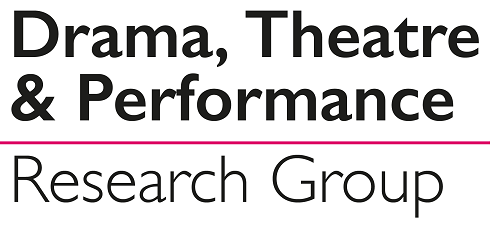
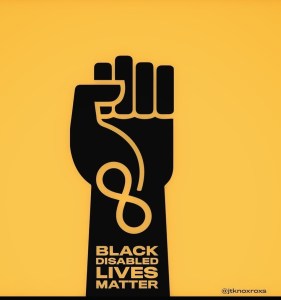
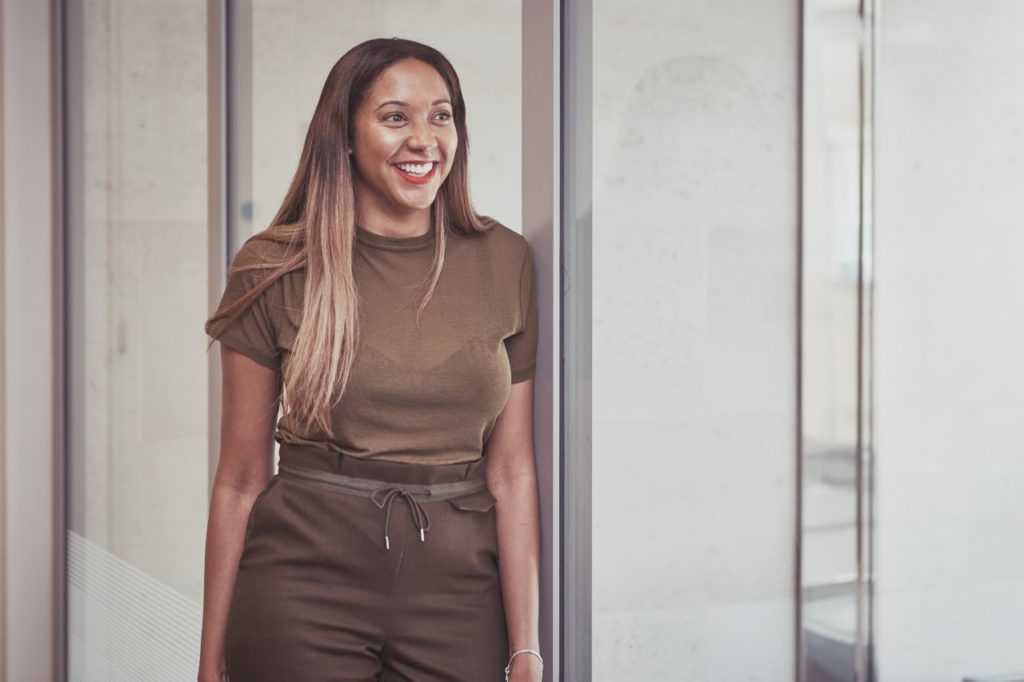
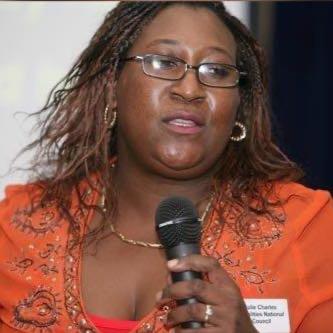
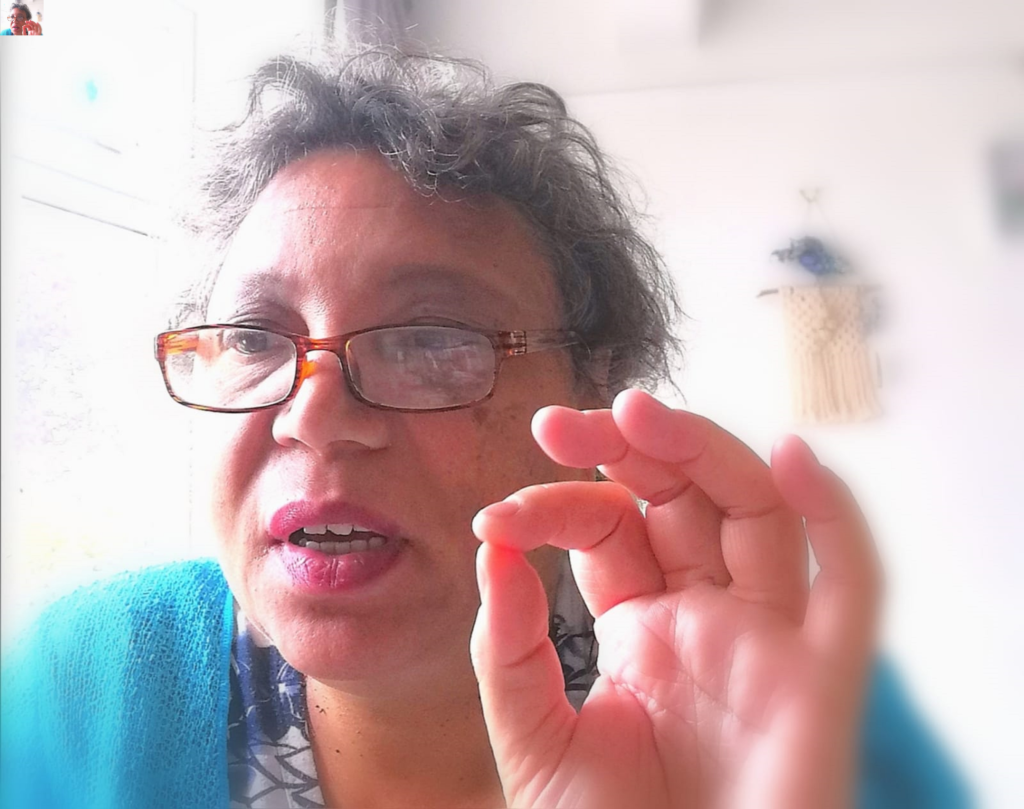
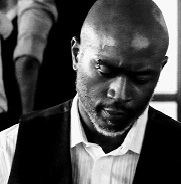
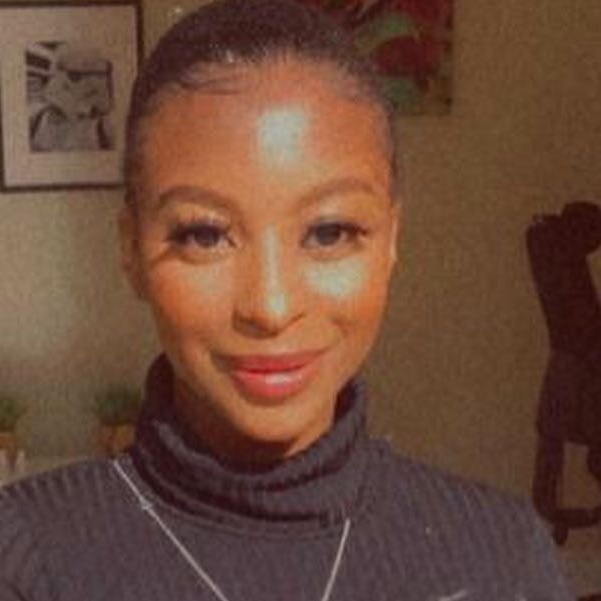
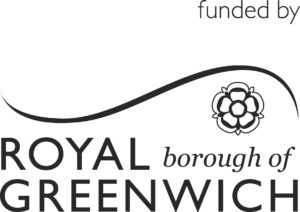

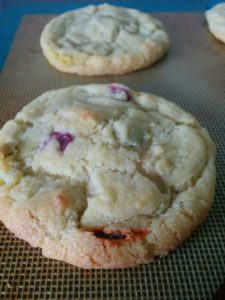
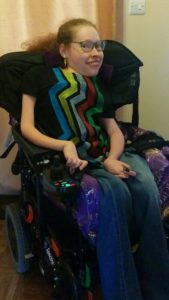
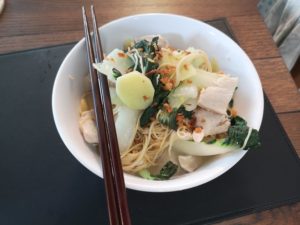 chinese chicken noodle soup
chinese chicken noodle soup